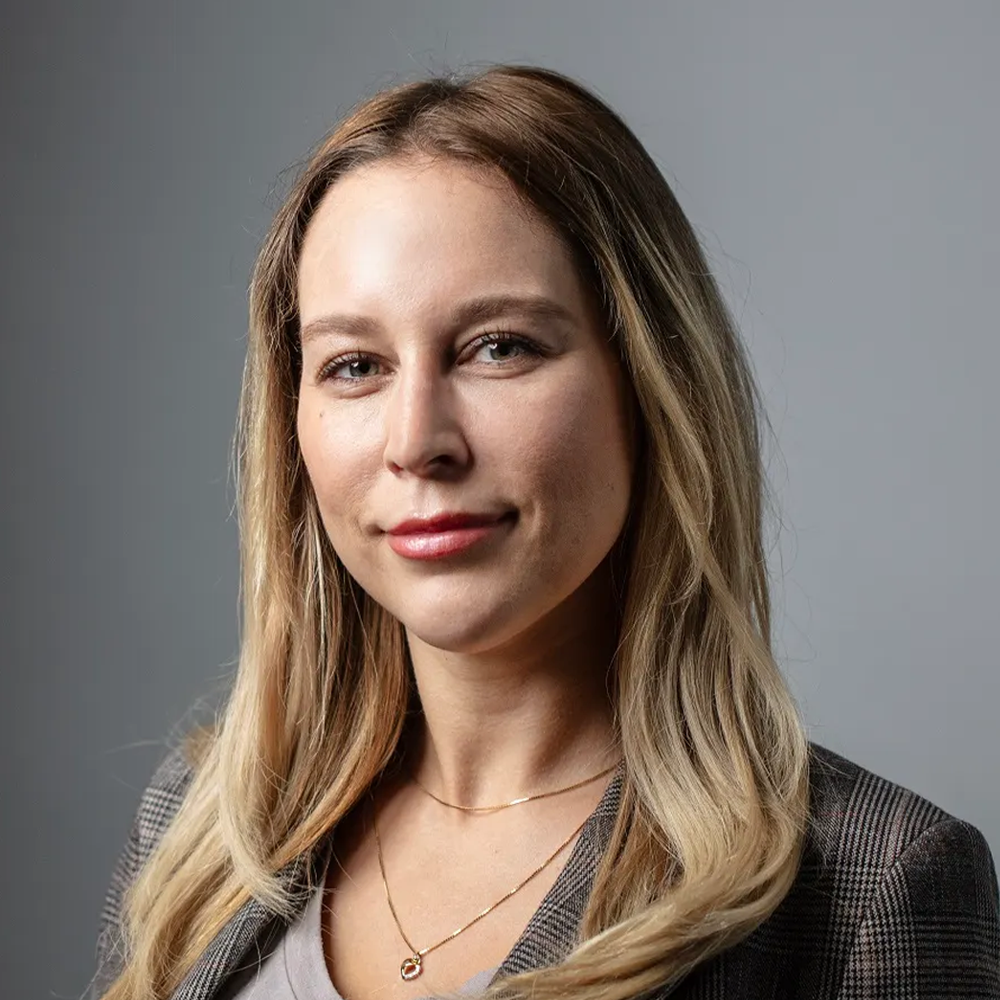
Nestlé boss Brabeck aims for peak performance

The world's largest food group, Nestlé, is marching on to a record 2007, with sales expected to top the SFr100-billion ($85.9 billion) mark for the first time.
Chief executive and chairman Peter Brabeck tells swissinfo that the company has high hopes for the future. On a personal note, he reveals how he scales the heights in his spare time as well.
He sees three main drivers of growth over the next ten years, which together present an opportunity valued at an estimated $240 billion until the year 2015.
Brabeck is to step down as chief executive of the Vevey-based group next April but will remain what he calls an “active chairman”.
swissinfo: What will drive Nestlé’s growth over the coming decade?
Peter Brabeck: For us it’s quite clear… The first is nutrition. The recent acquisitions (Gerber and Novartis Medical Nutrition) transform Nestlé into the pre-eminent nutrition company with turnover of more than SFr10 billion – double the size of our next competitor – and with huge growth rates in front of it.
The second pillar is the very fast development of the low-income classes in developing countries for which we have developed a concept of Popularly Positioned Products [providing products with high nutritional value to the less well-off]. This is a business opportunity, according to the estimates of the Organisation for Economic Cooperation and Development, of about $70 billion in the next ten years.
And the third is out-of-home consumption. Fifty-five per cent of food and beverage expenditure in the mature markets is out-of-home and therefore we have launched a new initiative, which is the creation of a globally managed Nestlé Professional business unit.
swissinfo: What are the conditions of success for these three?
P.B.: In the first case – nutrition – you have to have a very performing research and development base, and Nestlé is by far the biggest in this field. You need to have a very special sales force but it is more than that. You have to learn to talk to doctors, to hospitals, so it is not the sales force in the traditional sense… And you have to have good and strong brands, and again here we are well established.
In the low-income class you have to ensure that you have a very strong horizontal distribution in the developing countries. For example, we have taken unemployed young people in South Africa and have put them on bicycles to sell our ice cream in the townships. We have done something similar in Thailand and have created for them small pushcarts where they can sell Nescafé to people.
In Nestlé Professional, you have five to six major food operators. They are all globally organised and if you want to be a partner to them you also have to have a global counterpart. This is the reason why in food service, we have decided to create a globally managed business.
swissinfo: You’re well on the way to breaking the SFr100-billion sales barrier this year. How does that feel as you prepare to step down as CEO next April?
P.B.: I can confirm that we are going to sell SFr100 billion and substantially more than that this year. We have just increased sales by SFr6.5 billion [compared with the same period last year] during the first nine months.
If I look forward to April next year, what I’m more proud about is that for 12 consecutive years we have delivered our Nestlé [business] model or organic growth of close to six per cent and every single year we have been able to improve the Ebita [profitability] margin – materials prices high or not, wars in the Middle East, oil crises up and down. I’m proud of that.
swissinfo: Do you always eat and drink Nestlé products or do you like to see what the competition is up to?
I have always had as a tradition to compare what the competition is doing. As a matter of fact when I was running our culinary business here, every Monday from 10 o’clock onwards the whole department would cook. We would be cooking our products and we would be cooking the competitors’ products and then we would have lunch together and see what the difference was, what we could learn and how we could improve.
swissinfo: People know you as the man at the helm of Nestlé but they probably don’t know the Peter Brabeck outside the world of Nestlé. What do you do in your spare time? How do you switch off?
P.B.: I am a man of the mountains. If I have enough time you will see me walking and climbing in the mountains. If I have less time you will see me on a bicycle in the mountains. If I have even less time than that you will see me on a motorbike in the mountains, and if I’m really very short of time and want to go very high you will see me in an airplane landing in the mountains… so it’s always the mountains.
swissinfo, Robert Brookes in Vevey
Nestlé: first nine months
Sales of SFr78.7 billion ($67.64 billion), up by SFr6.5 billion or 9%.
Organic growth of 7.2% and real internal growth of 4.5%.
Nestlé’s outlook for 2007 is for above-target organic growth as well as a “sustainable margin improvement”.
The company is Swiss and was founded by Henri Nestlé in 1866.
It invests around SFr1.5 billion annually on research and development.
Nestlé sells its products in 130 countries around the globe.
It manufactures around 10,000 different products and employs about 250,000 people. It sells over a billion products every day.
Increasingly, Nestlé is becoming the world’s leader in nutrition, health and wellness.
The Nestlé research centre in Switzerland is the company’s major think-tank. It is a constant source of new ideas and scientific knowledge that feeds the pipeline for all Nestlé products.
It covers over 100 different professional areas – including nutritional science, the life sciences, raw materials, ingredients and production processes.

In compliance with the JTI standards
More: SWI swissinfo.ch certified by the Journalism Trust Initiative






































You can find an overview of ongoing debates with our journalists here . Please join us!
If you want to start a conversation about a topic raised in this article or want to report factual errors, email us at english@swissinfo.ch.